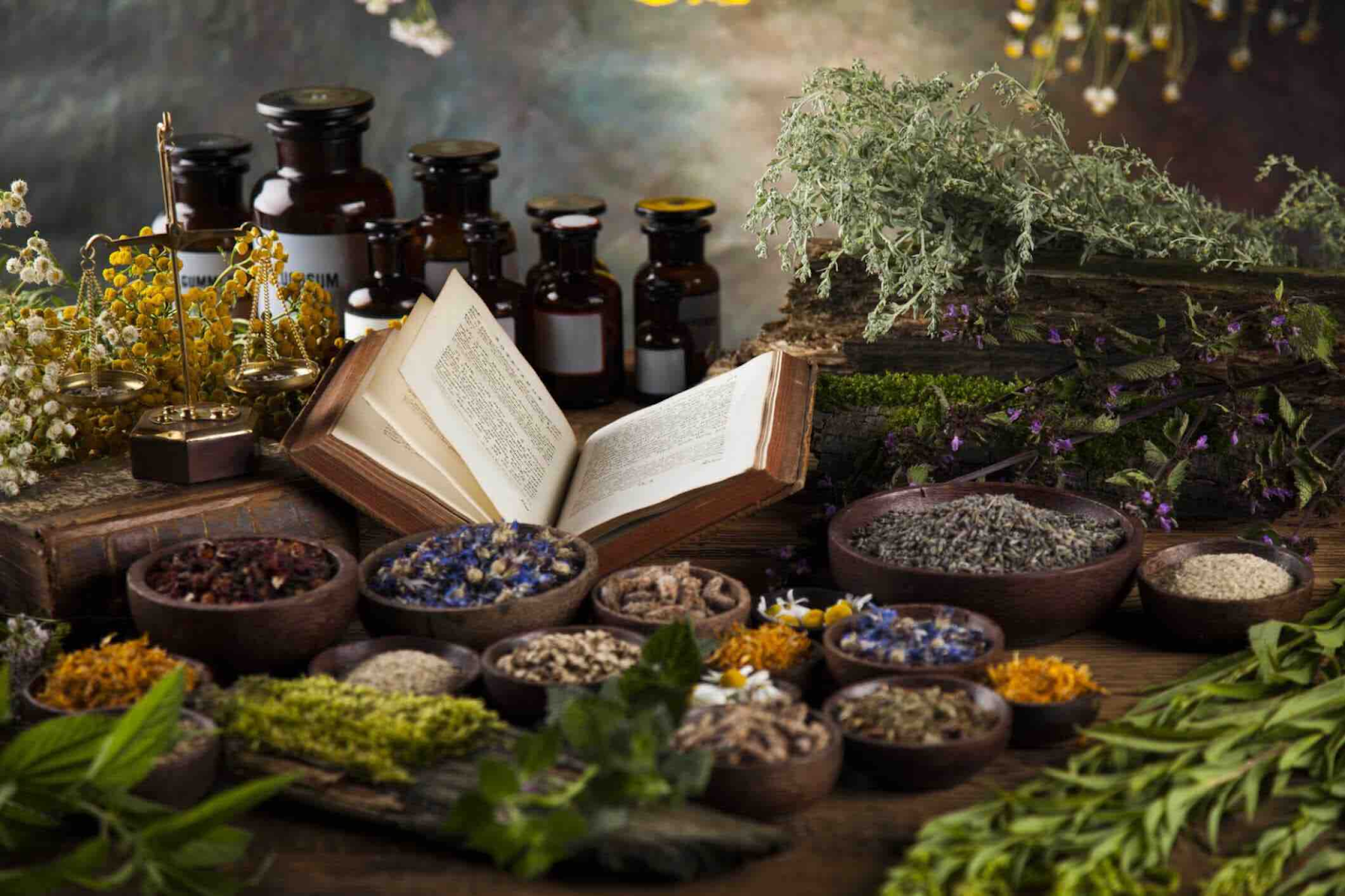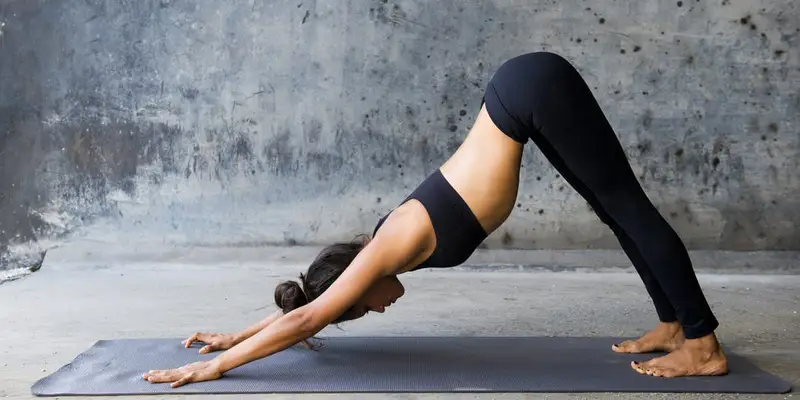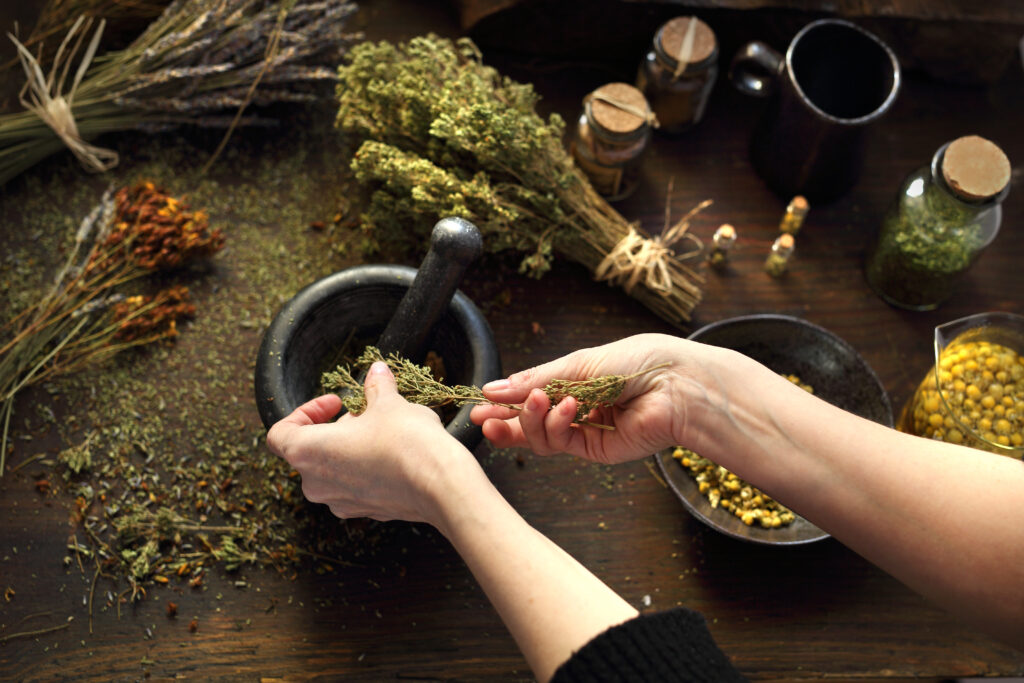Discover Your Perfect Healer Today!
Our online practitioner directory connects you with a wide range of healers to suit your unique needs.
Easily search and find the right professional to support your wellness journey.
Start exploring today to find your perfect match.
Modality
Disease
Books
Products
Events
Training
Blogs
Naturopathy
Overcoming Criticisms of Naturopathy: Insights & Solutions
Prevention and treatment methods, as well as some of the methodology, are causes for criticism against naturopathy. Besides this challenge, another problem is the self-criticism ...
Read More → Written by
Michael Johnson
Supporting Page
Yoga for Beginners: Essential Tips to Start Your Practice
Yoga, a traditional practice that combines physical postures, breath control and meditation is becoming increasingly popular worldwide. It promotes flexibility, strength, clarity of the mind ...
Read More → Written by
Michael Johnson
Supporting Page
Discover the Secret: Why Are Yogis So Calm
Many people consider Yogis to be strange individuals who are not moved by any external occurrences. The calmness on their face has however made many ...
Read More → Written by
Michael Johnson
Herbalist
Unveiling the Secret of Herbalism: Is It Possible for Anyone to be a Herbalist?
Modernization is the exciting use of plants in treating diseases. Additionally, is everyone capable of becoming an herbalist? This paper touches on how to become ...
Read More → Written by
David Brown
Naprapathy
A Detailed Overview: The History and Development of Naprapathy
Naprapathy is an art of manual therapy aimed at alleviating pain within the musculoskeletal system. Its history comes forth with modern science together with ancient ...
Read More → Written by
Michael Johnson
Acupuncture
Creating a Community: Connecting with Others Who Practice Acupuncture
More than a practice, acupuncture is a community consisting of people who love the idea of holistic healing and overall wellness. If you are an ...
Read More → Written by
David Brown






